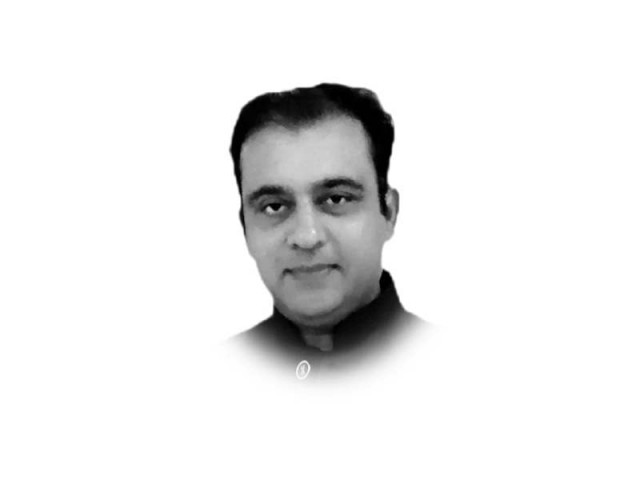BRICS: a step towards a new world order?
The BRICS countries represent about 40% of the world’s population

Leaders of BRICS — Brazil, Russia, India, China and South Africa — gathered for a summit in Johannesburg last week. The group formed in 2009 by developing economies has got so much traction this time. The reason is that two of the key BRICS members —China and Russia — have long been at loggerheads with the US and as their tussle deepens there are concerns in the West that both these countries are pushing for a new global order.
The BRICS countries represent about 40% of the world’s population and a quarter of global GDP. At the 15th summit in Johannesburg, BRICS leaders finally agreed to expand the bloc with the inclusion of 6 new countries. Saudi Arabia, the UAE, Iran, Egypt, Ethiopia and Argentina will join BRICS from January 1, 2024. At least 40 countries have shown interest to be part of the BRICS. Organisers say that more countries would be admitted to the BRICS in the next phase. With the inclusion of 6 new members, the combined GDP size of BRICS-plus is close to $31 trillion. More than 80 per cent of oil exporting countries are now part of the BRICS.
The grouping already has the New Development Bank offering concessional loans to poor and developing countries. It is based in Shanghai and the purpose of the move is to set up financial institutions like the US-led IMF. The rationale behind this move is that the current global order led by the US is not equitable and only benefits the powerful and developed world. China and Russia through BRICS want to challenge the hegemony of the US. They believe that the global order shaped by the US after the Second World War is now a relic of the past.
Bloc heavyweight China has long pushed for expansion and views its deteriorating relations with Washington as well as heightened global tensions resulting from the Ukraine war as adding urgency to the enlargement project.
President Vladimir Putin, who is attending the summit virtually because of the fear of his arrest over the warrant issued by the International Criminal Court, has pushed for de-dollarisation. There has been a debate within BRICS to introduce a single currency or trade in their local currencies in order to reduce dependence on the US dollar.
Some BRICS countries are already trading in their local currencies. But the key challenge is: can they agree on a single currency that not only can be used for trade but as reserve currency also? The US Federal Reserve Research shows that 88 per cent global trade is still done through the US dollar. At least 58 per cent global reserves are in dollars. For the US, the de-dollarisation is not just an economic issue but national security and foreign policy matter. The de-dollarisation or less dependence on dollars in international trade will deprive the US of a key weapon to punish other countries. For example, if the world gets rid of the dollar as the main currency for international trade, the US sanctions on countries like Russia and Iran would become ineffective. When the US imposes economic sanctions on any other country, it deprives the sanctioned nation of dollars — something which is critical for any country to pay their import bills.
However, prospects of any idea seeking de-dollarisation getting through are slim as India, a key member of BRICS, may not back the proposal, as its interests are closely aligned with the US and West.
Some say that if BRICS’ ultimate aim is to seek a multipolar world and a new global system offering equal opportunity to all the nations then India may not fit in the alliance. The US is building close defence and economic cooperation with India to counter the very ambition of China to set up a parallel global financial order.
Published in The Express Tribune, August 28th, 2023.
Like Opinion & Editorial on Facebook, follow @ETOpEd on Twitter to receive all updates on all our daily pieces.















COMMENTS
Comments are moderated and generally will be posted if they are on-topic and not abusive.
For more information, please see our Comments FAQ